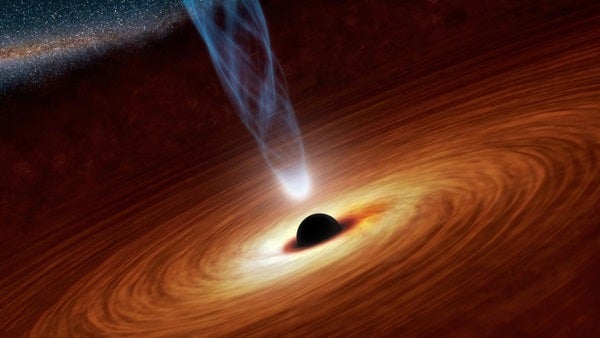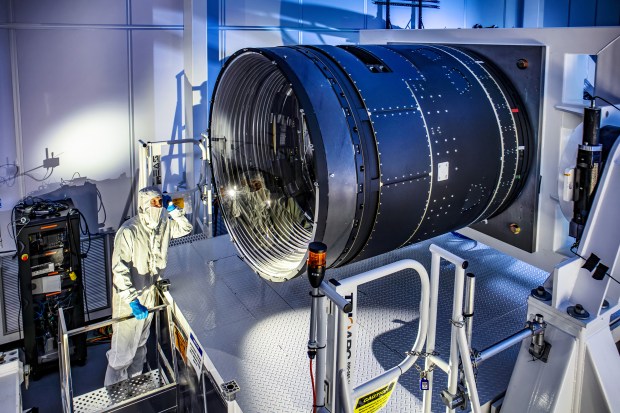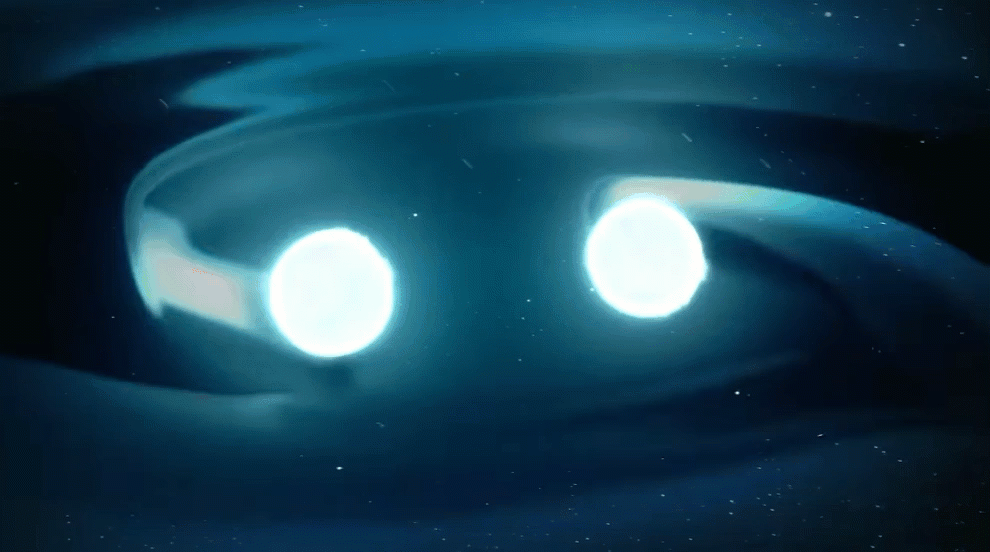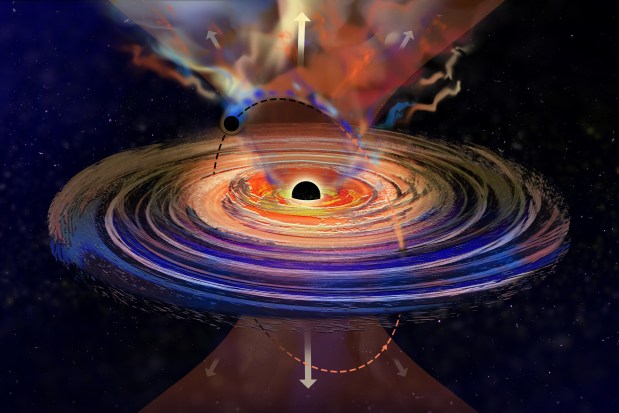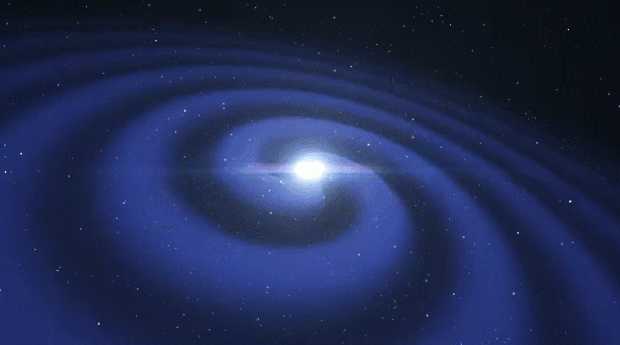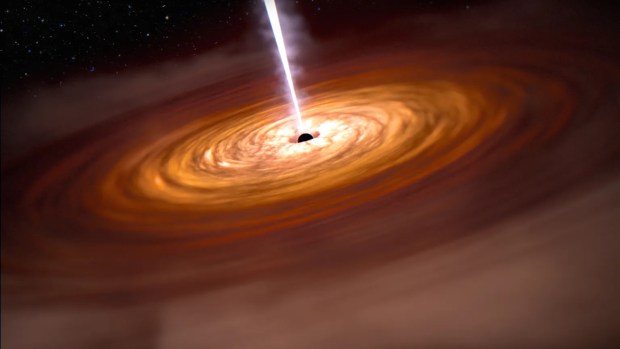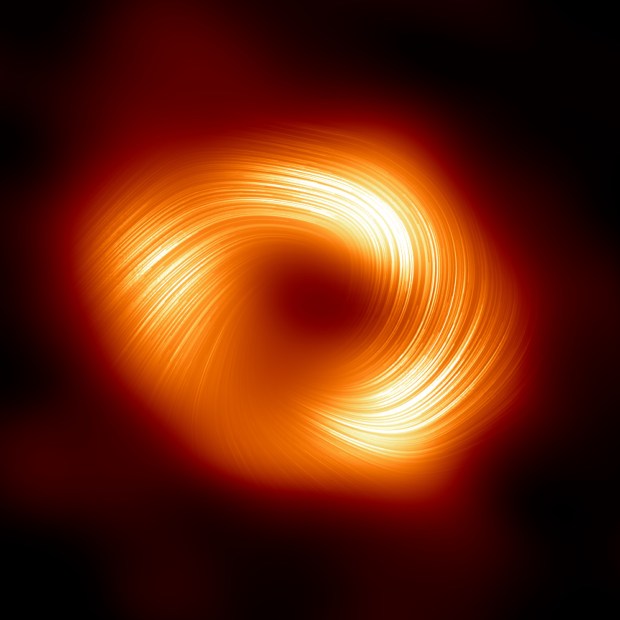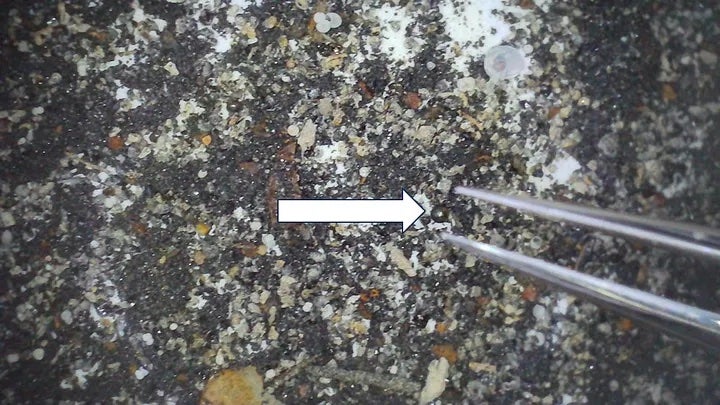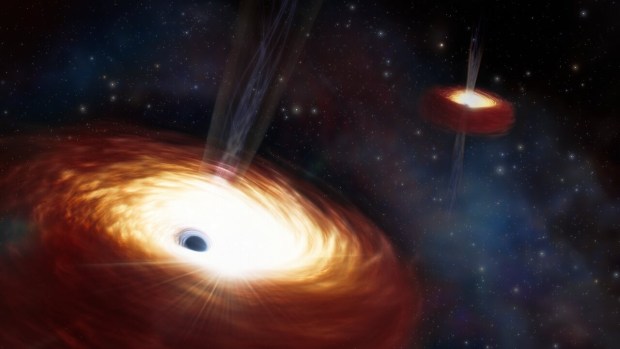Researchers are now thinking it was the former, as evidence of yet another black hole has been found in a globular cluster by an MSU-led team of researchers. A new black hole candidate has been found in globular cluster M62.
“This implies that the discovery of the other black hole in the globular cluster called M22 was not just a fluke,” said Laura Chomiuk from MSU. “Black holes really may be common in globular clusters.”
Black holes are stars that have died, collapsed into themselves, and now have such a strong gravitational field that not even light can escape from them.
Globular cluster M62 is located in the constellation Ophiuchus, some 22,000 light-years from Earth.
Until recently, astronomers had assumed that the black holes did not occur in globular clusters, which are some of the oldest and densest collections of stars in the universe. Stars are packed together a million times more closely than in the neighborhood of our Sun.
There are so many stars in such a condensed area that they often interact with one another. Massive black holes would have the most violent encounters, “sling-shotting” each other out of the cluster.
Last year’s discovery of a pair of black holes in a cluster was especially surprising, Chomiuk said. It had been thought that if two black holes dwelled at the center, they would regularly encounter one another until one shoved the other out.
“I think it’s safe to say that we have discovered a whole new hunting ground for black holes,” said Chomiuk.

